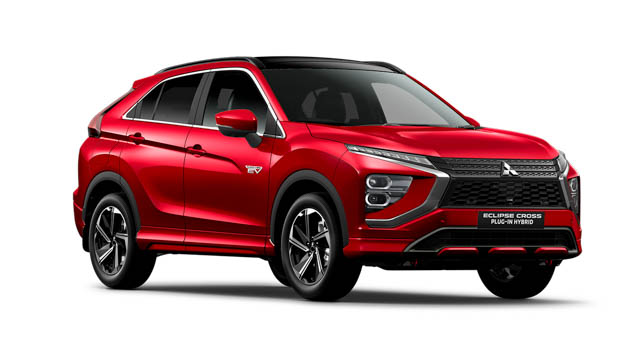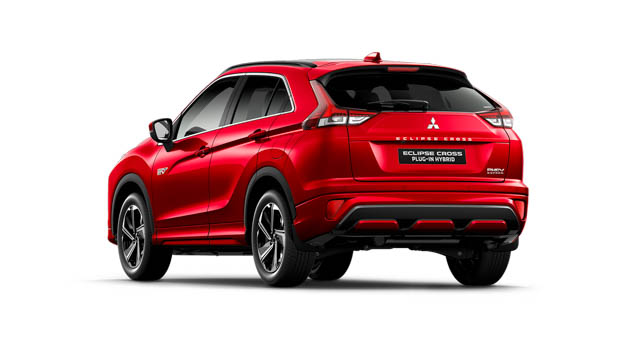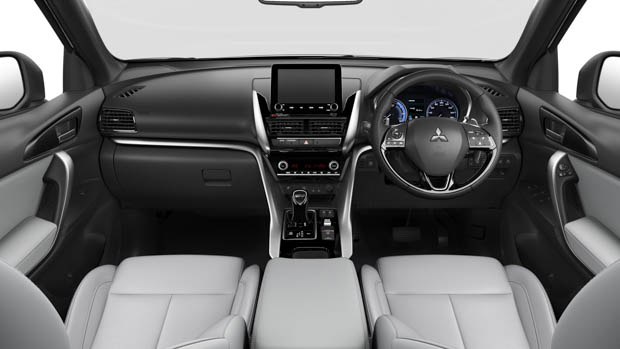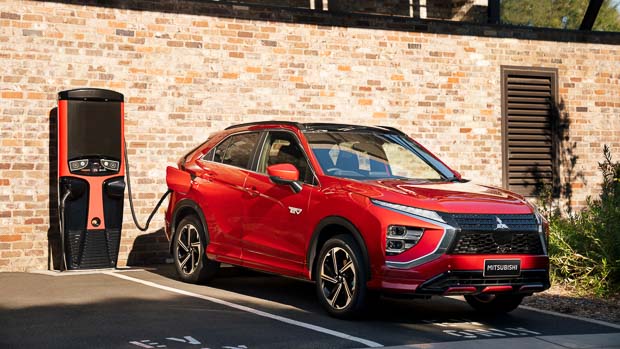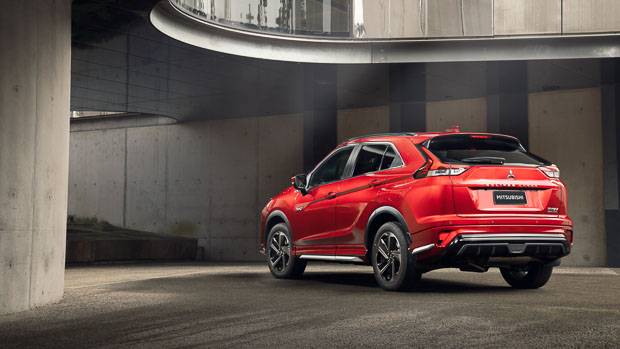-
Car Reviews
- Car News
-
Car Comparisons
Latest comparisons
- Chasing Deals
Eclipse Cross PHEV owners will now be able to run domestic appliances through their vehicle, but will have to pay for the privilege
Much like its bigger brother, the Outlander PHEV, the smaller Mitsubishi Eclipse Cross PHEV will now be available with vehicle-to-load (V2L) functionality as part of the 2023 update for Aspire and Exceed grades.
What this means is that owners will now be able to power domestic appliances and tools through a 240-volt outlet in the rear of the plug-in hybrid versions of the Eclipse Cross, which has a total output of 1500W.
But that all comes at a cost. Prices for the Eclipse Cross PHEV have increased by up to $1500 from last year, with the ES PHEV now starting from $47,290 before on-road costs, while the flagship Exceed PHEV now costs $55,990 before on-road costs.
First deliveries of the 2023 PHEV versions of the Eclipse Cross are expected to start from March 2023 onwards.
The non-PHEV Eclipse Cross has also been updated for 2023, which you can read about here.
The plug-in hybrid Mitsubishi Eclipse Cross has seen updates to its accessibility, technology and safety for 2023.
A rear-mounted USB supply has been added to all variants of the Eclipse Cross PHEV, with both USB-C and USB-A connections both installed.
The entry-level ES model gains rear parking sensors as standard, while the Aspire PHEV features a different exterior aesthetic, adding a silver front bumper, bumper centre finished in black, radiator grille in black and side door garnish in black.
The top-spec Exceed model gains a hands-free electric tailgate in addition to the V2L system.
Powering every Eclipse Cross PHEV is a mixture of internal combustion and electric power. A 2.4-litre petrol engine with outputs of 94kW/199Nm is mated to Mitsubishi’s hybrid system that consists of two electric motors and a 13.8kWh battery pack.
While the front electric motor produces 60kW of power, the rear-mounted electric motor produces 70kW.
Mitsubishi claims that owners will be able to drive up to 55km in electric-only mode and that the Eclipse Cross PHEV is capable of consuming just 1.9L/100km.
Mitsubishi’s hybrid system is linked up to its ‘super all-wheel control’ setup.
The entry-level ES comes standard with features including emergency brake assist, emergency stop signal, forward collision mitigation and hill start assist.
The higher Aspire grade features more safety systems including adaptive cruise control, auto high beam, auto rain-sensing wipers, blind spot warning, lane change assist, lane departure warning, a 360-degree camera and rear cross-traffic alert.
The Exceed model gains ultrasonic misacceleration mitigation that works to avoid accidents caused when the driver mistakenly pushes the accelerator pedal.
All prices listed are before on-road costs.
Latest news
About Chasing cars
Chasing Cars reviews are 100% independent.
Because we are powered by Budget Direct Insurance, we don’t receive advertising or sales revenue from car manufacturers.
We’re truly independent – giving you Australia’s best car reviews.
